This summer, we asked folks why they personally want to be involved in Citizen Science and over the next two weeks, we’ll be sharing their stories. First up: George Gurgis is an undergrad studying zoology, but he’s also an active citizen scientist. Here he shares how participating in citizen science projects, like the Jamaica Bay Terrapin Research Project, gives him a way of connecting with his community and sharing his love of animals with others.
Features
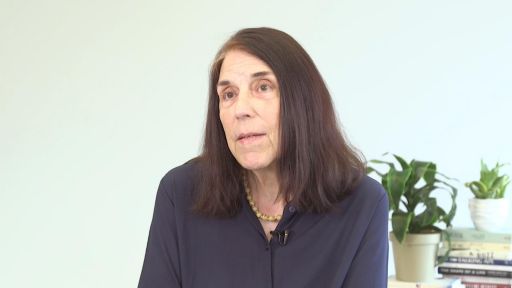
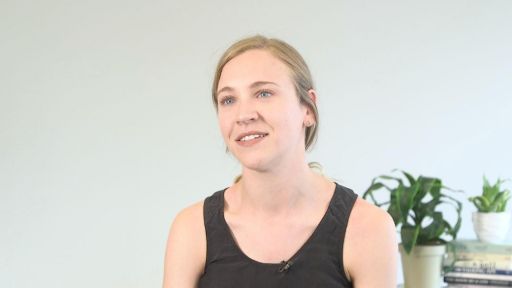
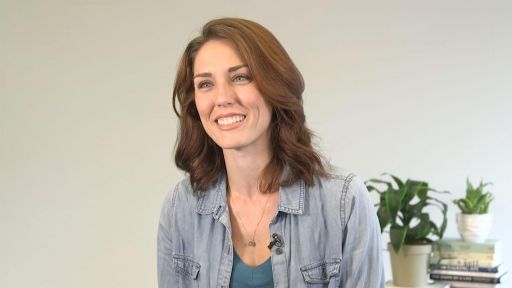
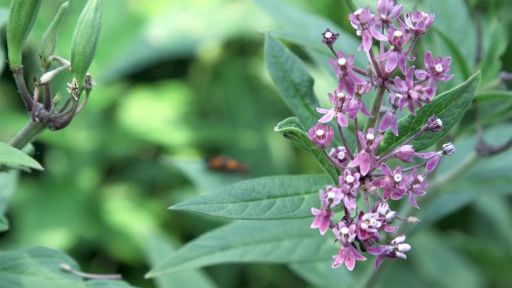
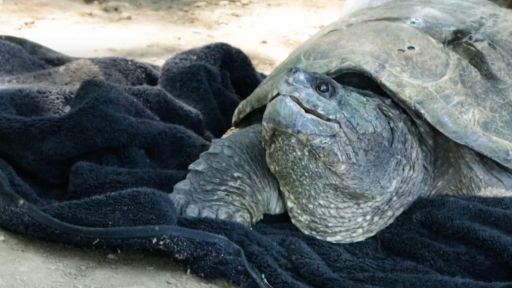
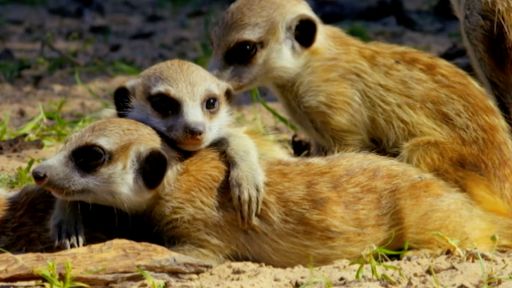
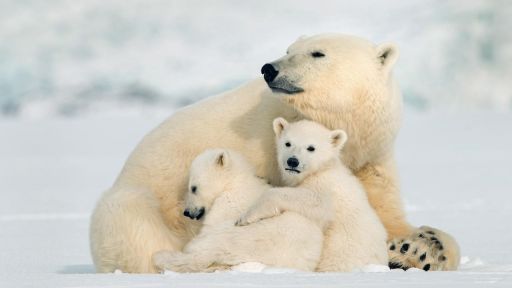
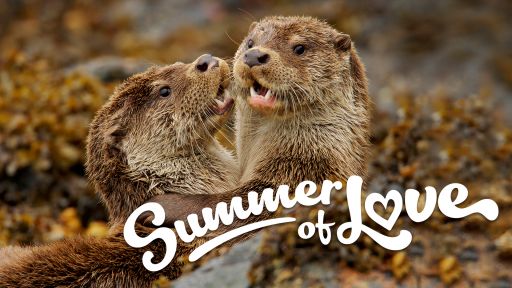
- I would say one of the biggest things about citizen science is that I like to stress you don't have to be a scientist.
Within the Terrapin Project, I've gotten all different kinds of people from all walks of life, people who studied math, people studied psychology, even non-STEM related majors.
(calm piano music) My name's George Gurgis.
My entire life, I've always been interested in animals and just being outside in nature, so I always knew I wanted to do something with animals, it's just throughout my life, it's always been something different.
I would have to say one of my earliest memories was watching PBS nature shows, and it's just, since then I feel like that's helped spark my interest in animals, just even when I was so little I could barely understand zoology was a career.
Right now I'm studying zoology with a minor in applied statistics.
So how I got involved in citizen science is with my undergrad, our department sends out this email list of just about different opportunities that are around New York state and just within the area, and I saw this one opportunity about a Terrapin Project in New York City, so this has been my third summer working on the Terrapin Project.
Typically what we do day-to-day is just go out, collect turtles, try to process information, and then later on within the last two summers, I've actually been a supervisor and just basically help out.
We're the ones in charge for the day when the professor, Dr. Russ, is not around.
It's really rewarding getting to see just that spark in their eyes when they learn like hey, I can hold a turtle.
Even if you do citizen science, it's not something that you have to rigorously be a part of, have to come in every day, work tirelessly, it just can be a simple few hours every week or every other week, and that still makes the difference.
It helps you get involved without having to get into the nitty-gritty science of it, which is an important aspect, because getting people to understand is getting them involved.
Just being apart of something bigger is also a great thing in itself.
Hi, I'm George Gurgis, and being able to reach out to community is why I'm a citizen scientist.
